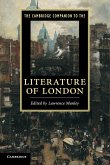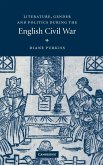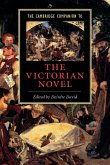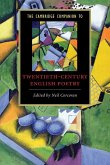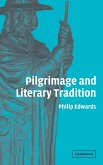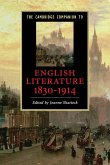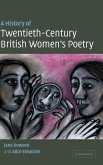English literary culture in the fourteenth century was vibrant and expanding. Its focus, however, was still strongly local, not national. This study examines in detail the literary production from the capital before, during, and after the time of the Black Death. In this major contribution to the field, Ralph Hanna charts the development and the generic and linguistic features particular to London writing. He uncovers the interactions between texts and authors across a range of languages and genres: not just Middle English, but Anglo-Norman and Latin; not just romance, but also law, history, and biblical commentary. Hanna emphasises the uneasy boundaries legal thought and discourse shared with historical and 'romance' thinking, and shows how the technique of romance, Latin writing associated with administrative culture, and biblical interests underwrote the great pre-Chaucerian London poem, William Langland's Piers Plowman.
Hinweis: Dieser Artikel kann nur an eine deutsche Lieferadresse ausgeliefert werden.
Hinweis: Dieser Artikel kann nur an eine deutsche Lieferadresse ausgeliefert werden.
Review of the hardback: 'The strong point of London Literature, 1300-1380 is its combination of close manuscript study, including palaeography, with a welcome awareness of modern dialect geography, and a readiness at all times to step outside the conventional boundaries of literary history. The need for such a combination has often been proclaimed, far more rarely satisfied. And there is no posturing in it ... This book is a model for studies of a vanished literary community.' The Times Literary Supplement


